Stronger Grip, Longer Life: The Overlooked Key to Health and How Monkee Grips Can Help
Introduction
When most people think about health markers, they think about biometrics like blood pressure, cholesterol, or body weight. But a growing body of research points to another powerful predictor of overall health and longevity: grip strength.
Surprising as it may sound, how firmly you can squeeze something is closely tied to how well you age, and even how long you’ll live.
Grip strength is far more than a measure of hand and forearm power. It’s a reflection of your total body health. Muscular strength, nervous system integrity, and even cardiovascular fitness are all intertwined with your ability to generate force with your hands. And the stakes are much bigger than just gym performance: multiple studies now show that grip strength predicts mortality risk, cognitive health, injury resilience, and functional independence as you age.
It’s for these reasons that researchers are increasingly calling grip strength an effective "biomarker of aging," describing it as an easy, inexpensive measure that can reveal hidden vulnerabilities long before traditional health screenings would.
Yet, despite all this evidence, grip strength is almost completely overlooked in standard health checkups. It’s a quiet alarm bell — one that most people don’t even realize they’re ignoring until it’s too late.
The good news? Grip strength is highly trainable. And the earlier you start improving it, the more protection you build for the decades ahead.
The Science: Grip Strength and Longevity
The connection between grip strength and long-term health isn’t just speculation — it’s backed by hard science.
1. Grip Strength Predicts Mortality
A major study published in The Lancet (2015) analyzed nearly 140,000 participants across 17 countries and found that lower grip strength was a stronger predictor of death than any other cause, even systolic blood pressure. Every 5 kg (11 lbs.) decrease in grip strength was associated with a 16% increase in mortality risk.
2. Grip Strength and Cognitive Health
Research from JAMA Network Open (2022) linked higher grip strength to a lower risk of cognitive decline. Participants with stronger grips had better memory, executive function, and processing speed, suggesting that grip strength isn’t just a marker for physical health — it's connected to brain health too.
3. Grip Strength and Functional Aging
Another study published in the American Journal of Preventive Medicine found that grip strength strongly correlates with "functional aging," meaning the ability to perform basic daily activities independently. Weaker grip strength was strongly correlated with higher rates of disability, hospitalization, and frailty, while stronger individuals maintained mobility and independence longer.
What Grip Strength Really Tells Us
Now that we know grip strength is more than just a measure of the muscles in our hands and forearms, let’s dive deeper into what it actually reveals about our overall health.
Grip strength reflects the strength and integration of your entire kinetic chain (your body’s chain of muscles and joints working together to power movement), from your wrists and elbows to your shoulders, core, and even your nervous system’s ability to recruit and coordinate muscle fibers efficiently.
When grip strength begins to decline, it’s rarely an isolated issue. More often, it’s a signal that deeper systemic changes are underway, including:
- Loss of muscle mass (sarcopenia)
- Decreased bone density
- Impaired nerve function
- Reduced cardiovascular endurance
- Increased systemic inflammation
In other words, grip strength is often an early warning sign that the body’s systems are starting to falter — often long before obvious symptoms appear.
And because it's tied to so many aspects of performance and resilience, strengthening your grip can have a ripple effect across your entire body:
- More output from every rep. Stronger grip strength improves how efficiently your body transfers force, meaning each repetition can be up to 10-15% more effective at building strength and endurance.
- Better sports performance. Whether you're swinging a bat, slapshotting a puck, grappling, climbing, or throwing a ball — everything involving the hands becomes sharper and more controlled.
- Enhanced daily function. Opening jars, carrying groceries, handling tools — everyday tasks become easier and safer.
- Resilience against aging. You maintain independence, mobility, and cognitive clarity longer.
Your grip strength is a proxy for your body's ability to thrive, survive, and push back against the forces of aging. Ignoring it means leaving one of the most powerful levers for health completely untouched.
How Monkee Grips Can Help Boost Your Grip Strength Naturally
So if grip strength is so critical, how do you target-train it (without overhauling your entire workout routine or squeezing those classic hand exercisers for hours)?
That's where Monkee Grips come in.
Monkee Grips are a simple, portable rope tool that can be added to the exercises you’re already doing — curls, pull-ups, deadlifts, rows, farmer’s carries, and more — to force greater engagement of the hands, wrists, forearms, and grip-related muscles.
Monkee Grip-aided workouts gain the benefit of:
- Increased Activation: By looping around the bar and shifting the focus to gripping the rope itself, Monkee Grips force your hands, fingers, and forearms to work harder — engaging more muscle fibers and building strength faster.
- No Extra Time Needed: Instead of adding new exercises to your routine, you simply upgrade the exercises you’re already doing. The time investment stays the same; the results get amplified.
- Functional Progression: Training with a thicker grip has a carryover effect to real-world tasks and sports performance, making it easier to maintain strength outside of the gym.
- Durable and Portable: You can throw them in a gym bag, suitcase, or backpack and turn any workout, anywhere, into a grip-strengthening opportunity.
With Monkee Grips, you're not just lifting weight — you're building one of the most important indicators of long-term health.
Training your grip isn't flashy. It isn’t trendy. But it just might be one of the smartest investments you can make in your body’s future.
Conclusion
Grip strength isn't just about handshakes or gym feats — it's a mirror reflecting your body's overall health, strength, and resilience.
The research is clear: stronger grip, longer life.
And building that strength doesn’t require complicated programs, expensive equipment, or extra hours in the gym. It just requires being intentional, and using smart tools like Monkee Grips to make every rep work harder for you.
Start building a stronger grip — and a stronger life — today.
References (Studies Cited)
The Lancet, "Prognostic value of grip strength: findings from the Prospective Urban Rural Epidemiology (PURE) study."
https://www.thelancet.com/journals/lancet/article/PIIS0140-6736(14)62000-6/abstract
JAMA Network Open, "Association Between Grip Strength and Cognitive Decline."
https://jamanetwork.com/journals/jamanetworkopen/fullarticle/2793510#google_vignette
American Journal of Preventive Medicine, "Grip Strength as an Indicator of Health-Related Quality of Life in Older Adults."
https://pmc.ncbi.nlm.nih.gov/articles/PMC5750866/
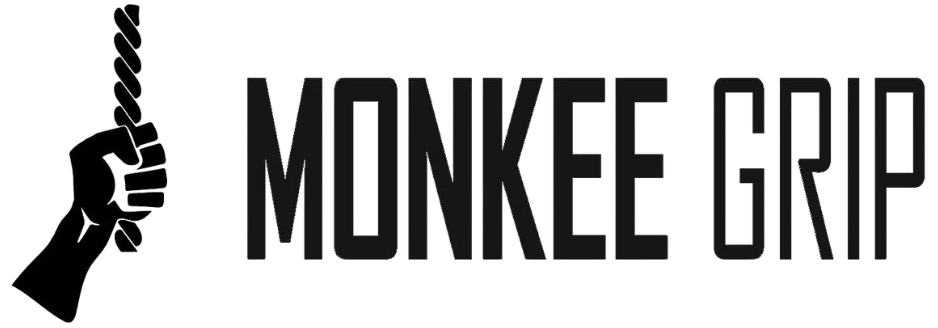
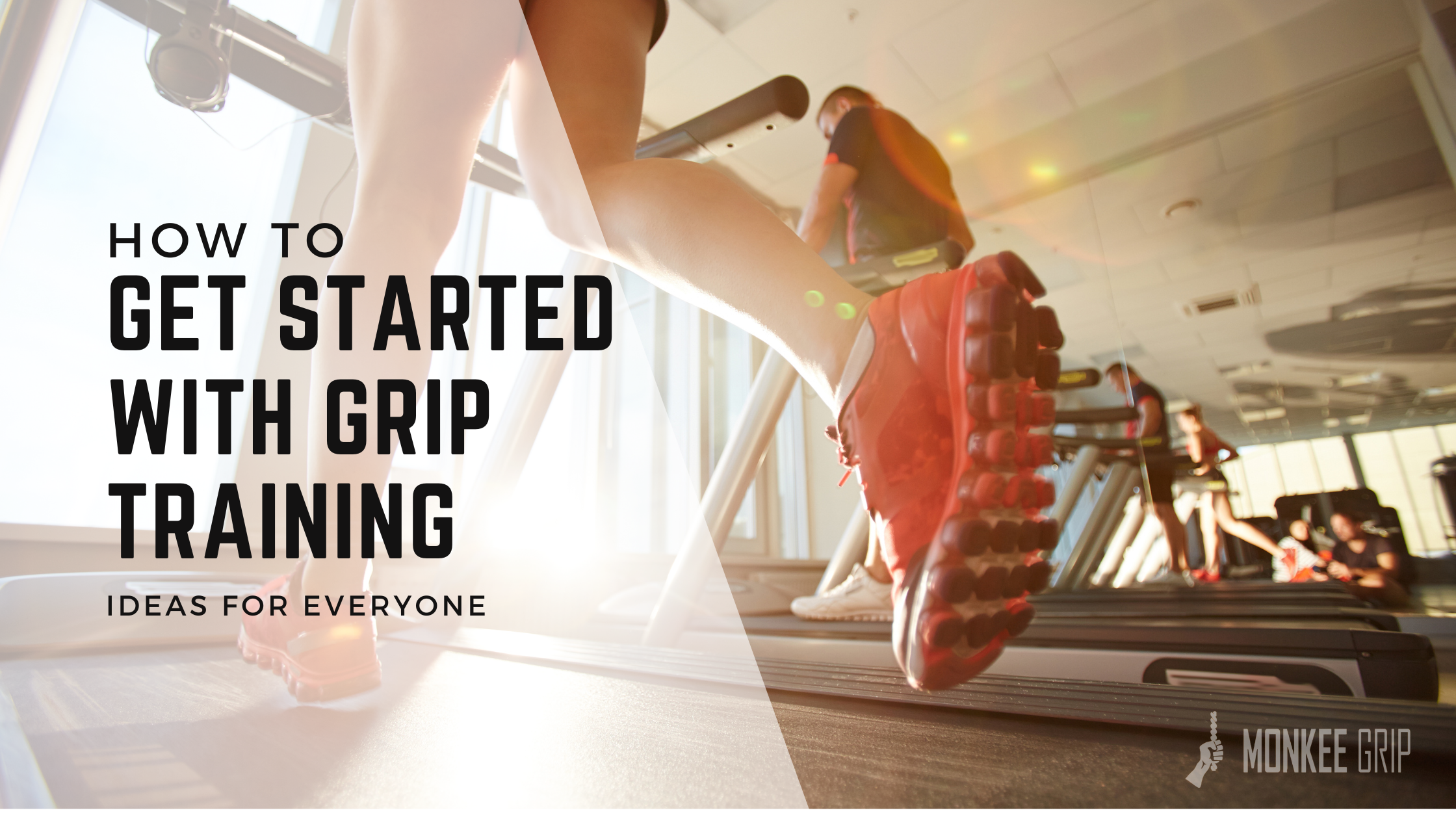
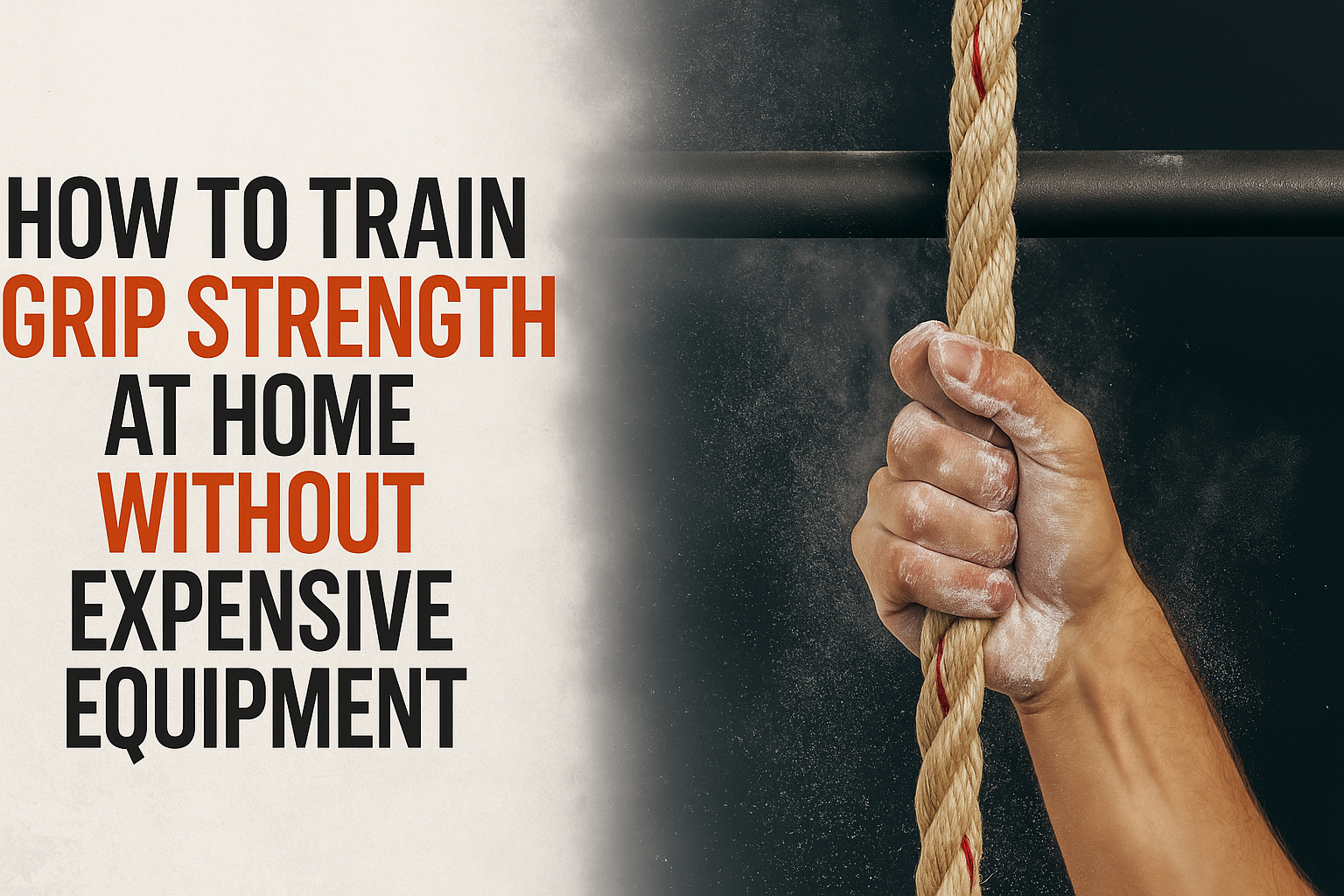

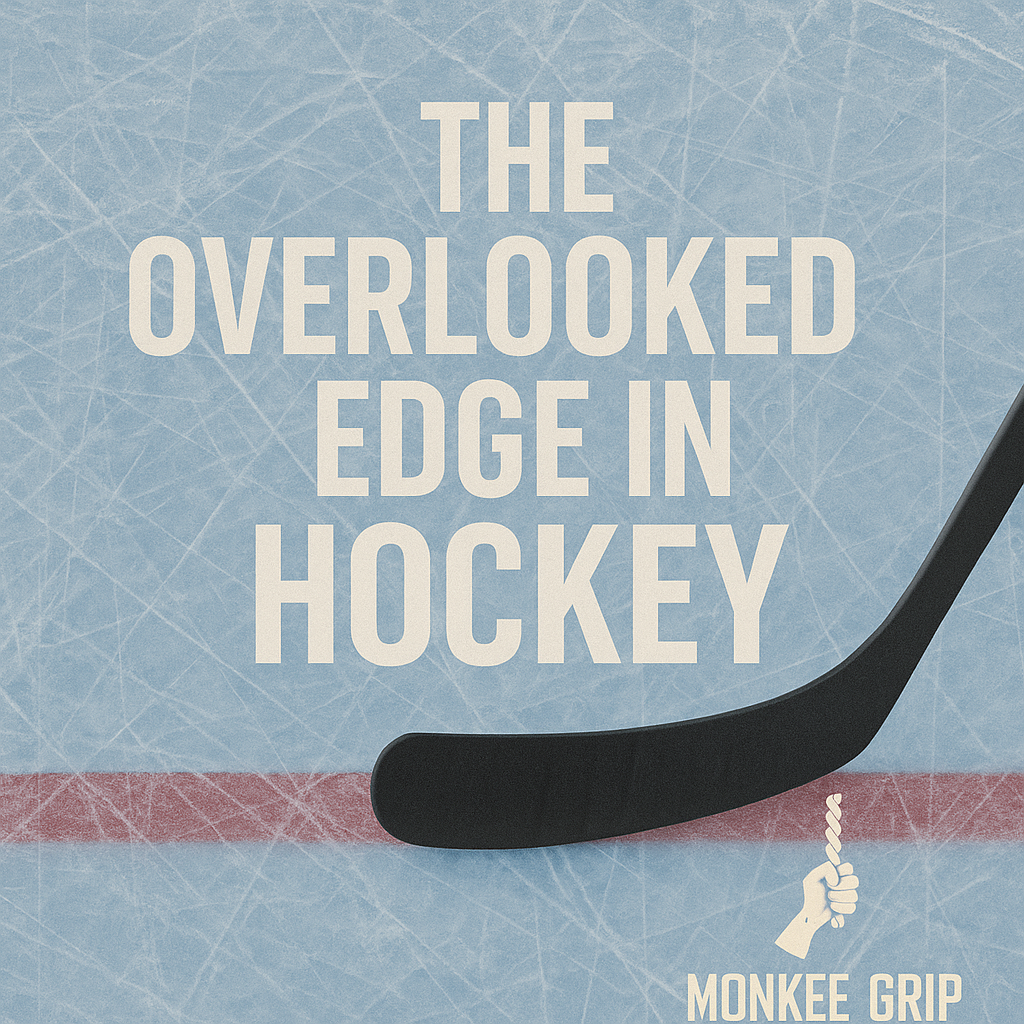
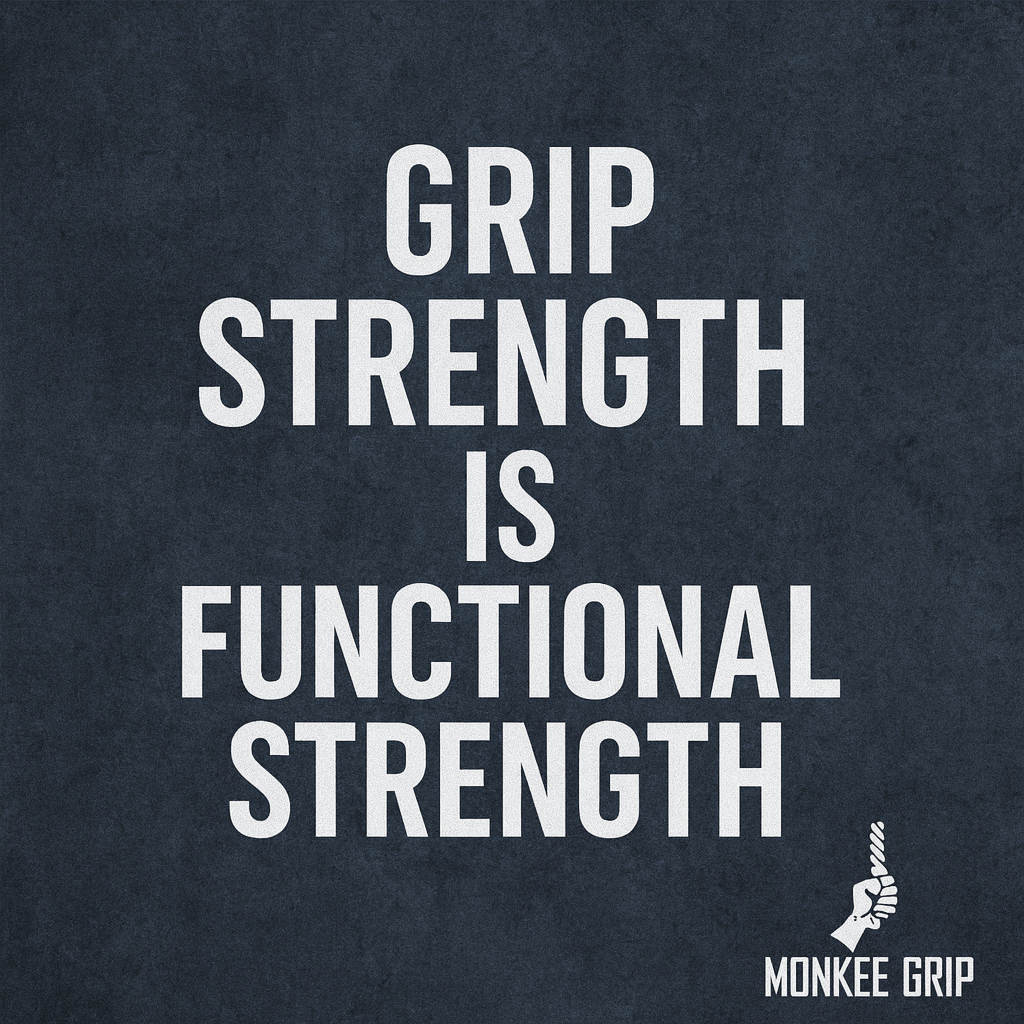
Leave a comment
This site is protected by hCaptcha and the hCaptcha Privacy Policy and Terms of Service apply.